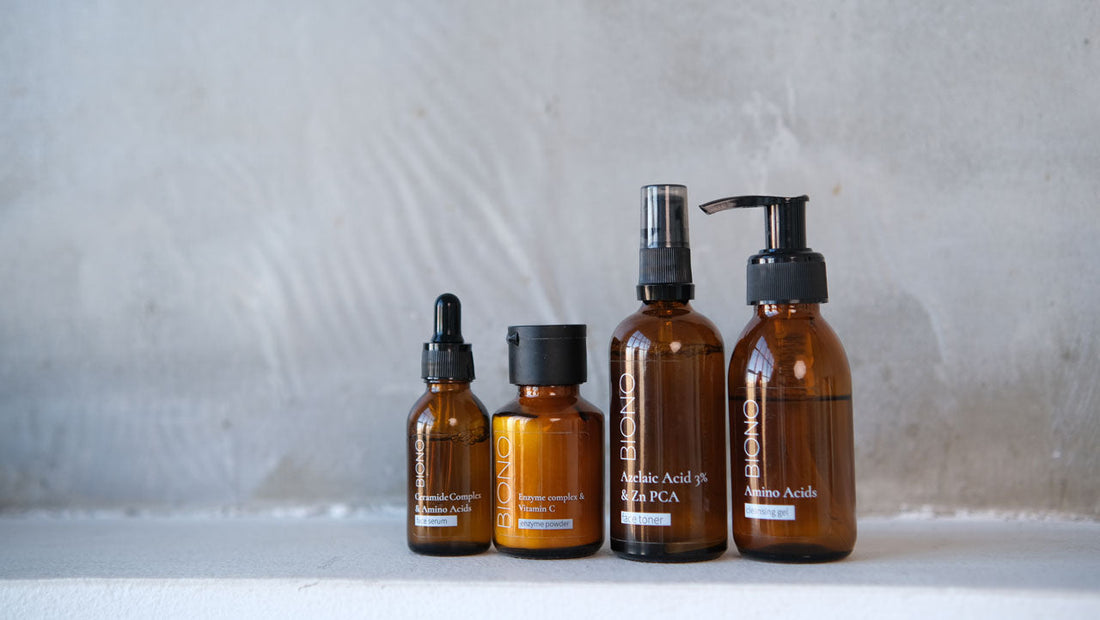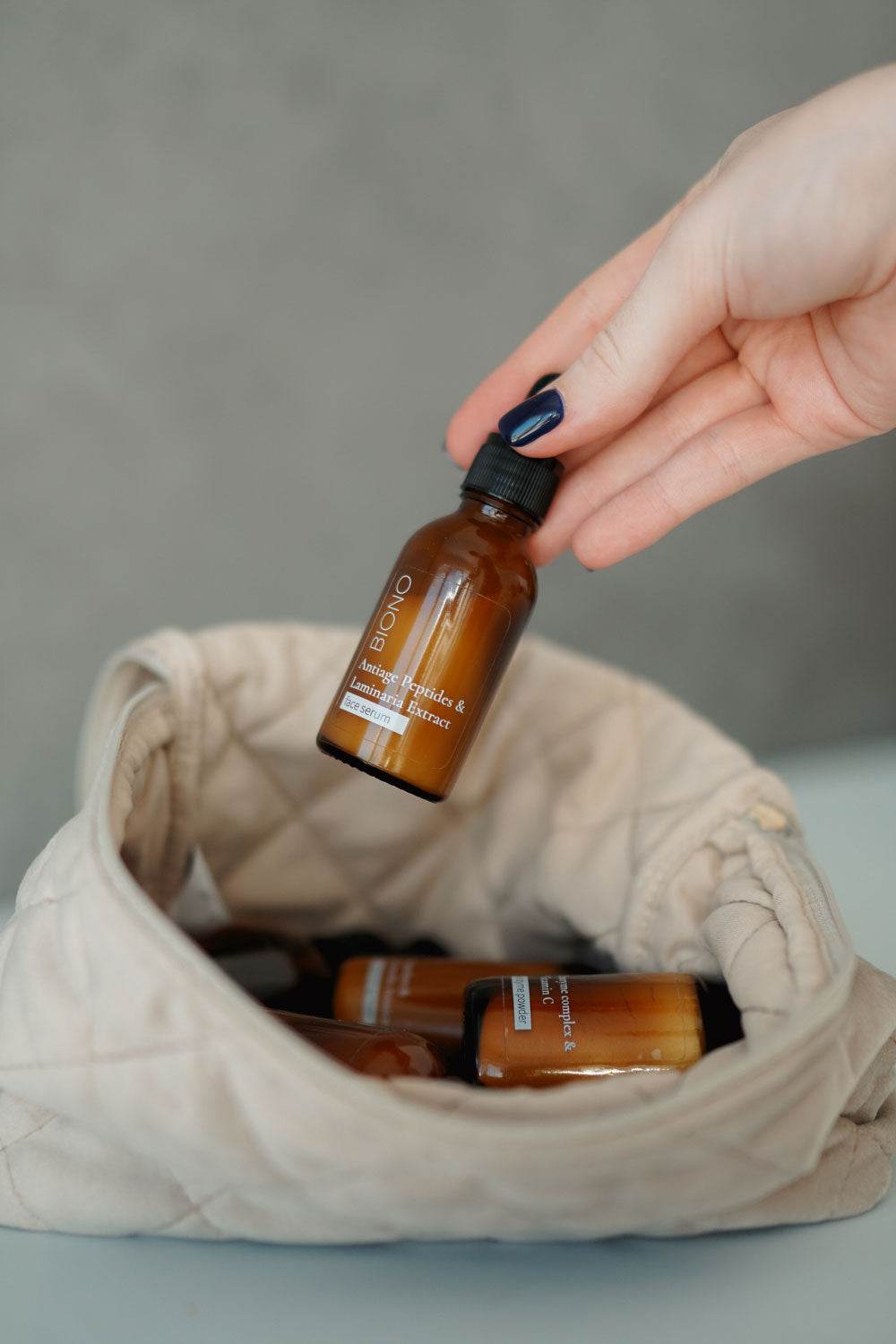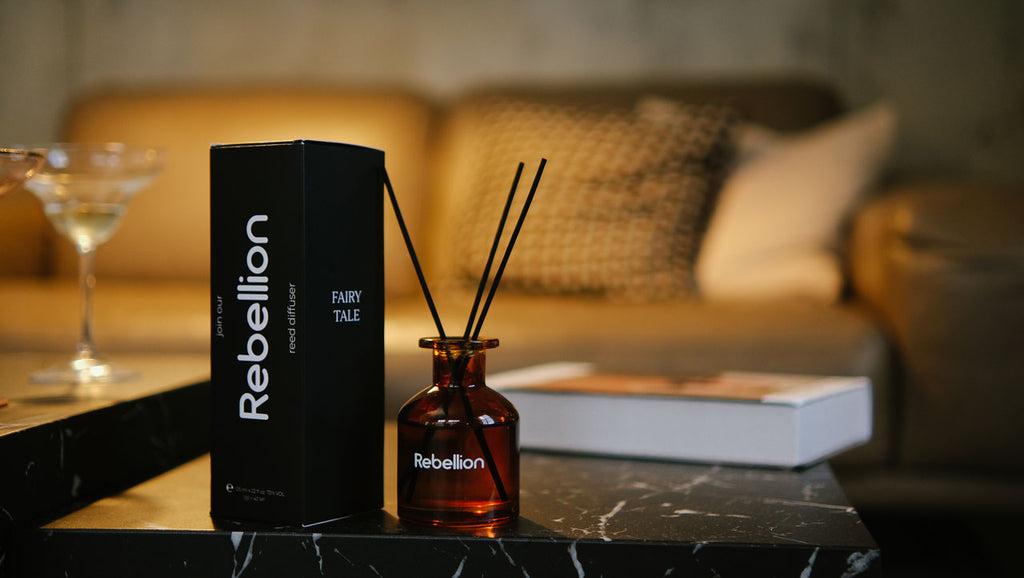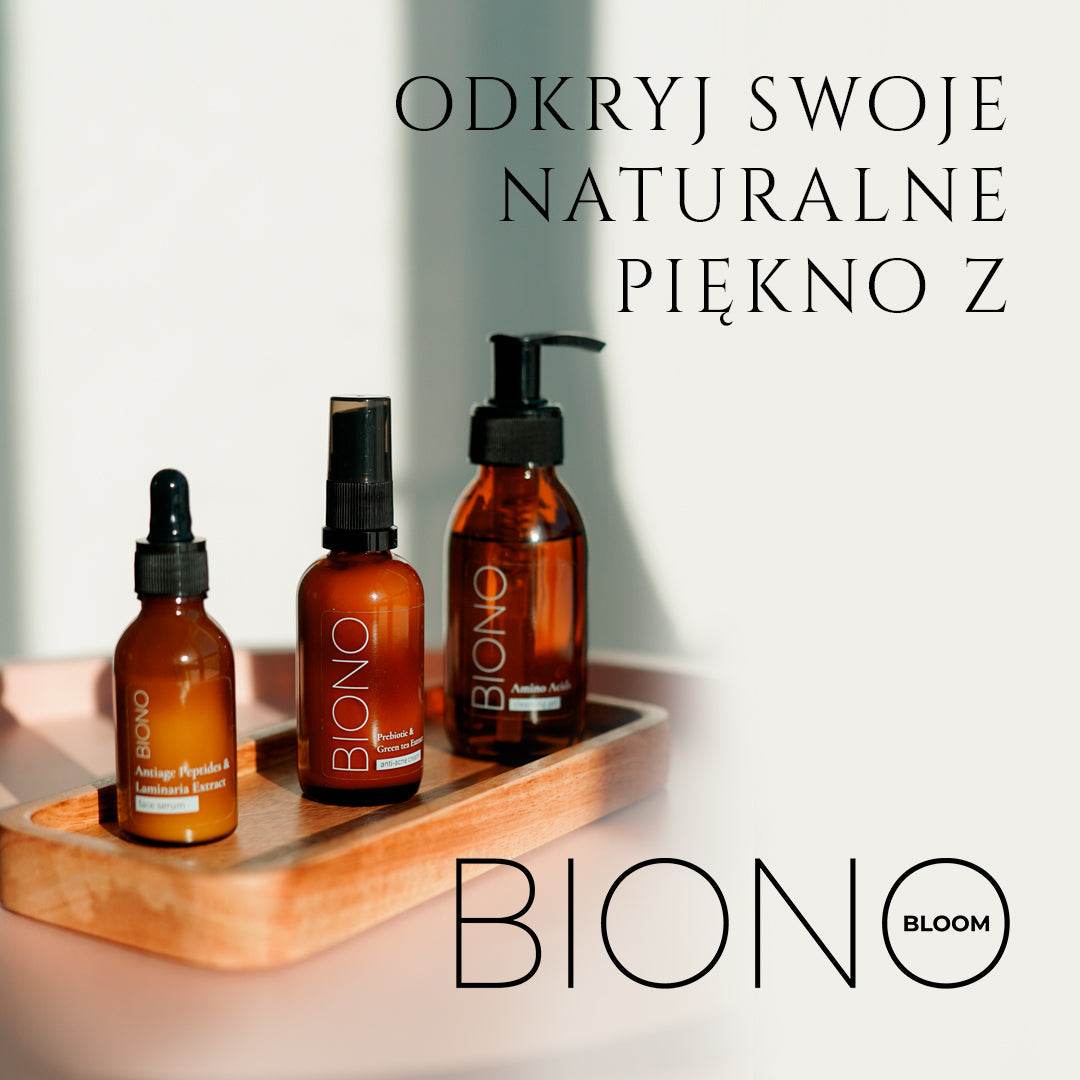
Cosmetics production: how are high-quality care products made?
Cosmetics are a part of our daily lives – from delicate moisturizing creams to advanced rejuvenating serums. However, before they reach store shelves, they must undergo a lengthy production process that includes formula development, raw material selection, quality testing, and packaging. Cosmetic production requires precision, innovative technologies, and adherence to rigorous standards to ensure product effectiveness and safety.
The modern cosmetics market is very dynamic. Natural, vegan, and organic cosmetics are gaining popularity, with customers paying attention not only to ingredients but also to production methods and environmental impact. Custom cosmetics companies are adapting to these trends, offering both private label formulas and completely custom recipes.
What exactly does the cosmetics production process look like? What influences their quality? What are the latest trends in the industry? In this article, we'll examine the most important production stages that determine the effectiveness and safety of cosmetics.
Formulation and selection of raw materials – the heart of cosmetics production
The first step in cosmetics production is developing the product's composition. It is at this stage that chemists and cosmetologists select active ingredients, emulsifiers, preservatives, and fragrances that will give the cosmetic its specific properties. Each cosmetic must be tailored to a specific skin or hair type and meet consumer expectations in terms of performance and consistency.
Natural plant extracts, organic oils, and bioactive complexes are increasingly used in production. Ecological and vegan cosmetics are gaining popularity, and manufacturers are eliminating controversial ingredients like parabens, silicones, and artificial colors. In the case of custom cosmetics, the customer can specify the ingredients included in the formula.

The selection of raw materials is crucial to the quality of the final product. High-quality cosmetics contain ingredients with proven effectiveness that undergo numerous stability and efficacy tests. This is why collaborating with an experienced manufacturer is crucial for cosmetic brands.
Cosmetics production technology – innovative solutions
Modern cosmetics production relies on advanced technologies that increase the effectiveness of active ingredients and improve the quality of formulas. Various methods are used in the production process, such as micronization, encapsulation of active ingredients, and cold emulsification, which allow for better penetration of ingredients into the skin.
Cosmetics production requires precision machinery that ensures consistency and stability from batch to batch. This ensures that each bottle of cream or serum contains exactly the same amount of active ingredients, which is crucial for the effectiveness of cosmetics.
Packaging is also an important aspect. Appropriate packaging protects cosmetics from oxidation, contamination, and exposure to light. More and more companies are opting for eco-friendly packaging – glass jars, biodegradable tubes, and recycled materials.
Quality control – the key to cosmetics safety
Each cosmetic undergoes rigorous quality testing before being approved for sale. This is crucial because cosmetics come into direct contact with the skin and must be completely safe.
Standard testing includes microbiological testing to ensure the product is free from harmful bacteria, molds, and microorganisms. The next step is a stability assessment, which involves testing the cosmetic under various conditions—high temperature, humidity, and exposure to light. This allows us to determine whether the formula retains its properties over time.
Some products, especially those for sensitive skin, undergo dermatological testing to ensure they don't cause allergies or irritations. All of these tests are essential to ensure cosmetics meet consumer requirements and legal standards.
Custom cosmetics production – private label and contract manufacturing
Many cosmetics brands choose to produce cosmetics on demand because it allows them to quickly enter the market without the need for their own factory.
Private labeling is a solution where ready-made cosmetic formulas are sold under the client's brand. This is an ideal solution for companies that want to launch their own cosmetics line but lack production facilities. Contract manufacturing allows a company to create a cosmetic from scratch according to its own formula, selecting unique ingredients and defining the product's performance.
Custom cosmetics production offers enormous potential, from small test runs to mass production. It's a popular solution for both large cosmetics companies and small niche brands.
Trends in cosmetics production – ecology and personalization
The cosmetics industry is growing rapidly, and customers are increasingly paying attention to the ingredients and origins of cosmetics. The biggest trends are organic, vegan, and hypoallergenic cosmetics, which contain no unnecessary chemical additives.
Sustainable cosmetics production also means reducing plastic use and introducing biodegradable packaging. Cosmetics companies are increasingly investing in recycling and formulas based on natural ingredients to reduce their negative environmental impact.
The rise in popularity of personalized cosmetics is another trend gaining traction. More and more brands are offering cosmetics tailored to individual skin and hair needs, allowing for a choice of ingredients and textures.
Summary
Cosmetics production is a complex process that requires modern technologies, careful ingredient selection, and rigorous quality control. Thanks to innovative methods and high standards, our cosmetics are effective, safe, and tailored to customer needs.
Contemporary trends such as ecology, personalization, and natural ingredients are shaping the future of the cosmetics industry. Choosing the right manufacturer who offers modern solutions and high-quality raw materials is key to success in the competitive cosmetics market.






